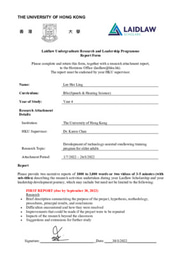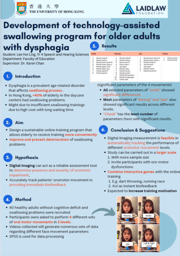LiA Reflection Week 6
During Week 6 of the LiA program, our main focus was on the evaluation stage of the design thinking process. This critical stage involves reviewing the prototype workshop we conducted, gathering feedback from our partners and volunteers, and identifying areas where we can make improvements for future iterations of the event.
To reflect on this stage, we had a wrap-up evaluation about the project we had held with iinkikalente. During this collaborative reflection session, we discussed at length what elements worked well that we should keep for future workshops, like the interactive art activities exposing children to creative forms of expression, as well as the briefing materials and job distributions we created for volunteers.
We also took note of components that could be enhanced, like conducting more formal feedback evaluations with carnival visitors and volunteers to gauge their perspectives and doing deeper artist interviews to share more background about iinkikalente's talented cohort of creators.
The team also decided certain elements could be dropped in the future, like printing physical brochures explaining iinkikalente's mission and instead opting for more sustainable digital brochures. Beyond the workshop itself, ideas were generated for how we can continue assisting iinkikalente in their work long-term through ongoing social media campaigns and community partnerships.
Overall, Week 6 underscored how vital the evaluation process is in design thinking frameworks. Critically assessing what succeeded and what can be adjusted ensures our solutions are iterated upon and continue to effectively address real community needs. The insights gleaned during this evaluation will provide invaluable guidance as we look to build on this experience and replicate our collaborative community model in the future.


Please sign in
If you are a registered user on Laidlaw Scholars Network, please sign in